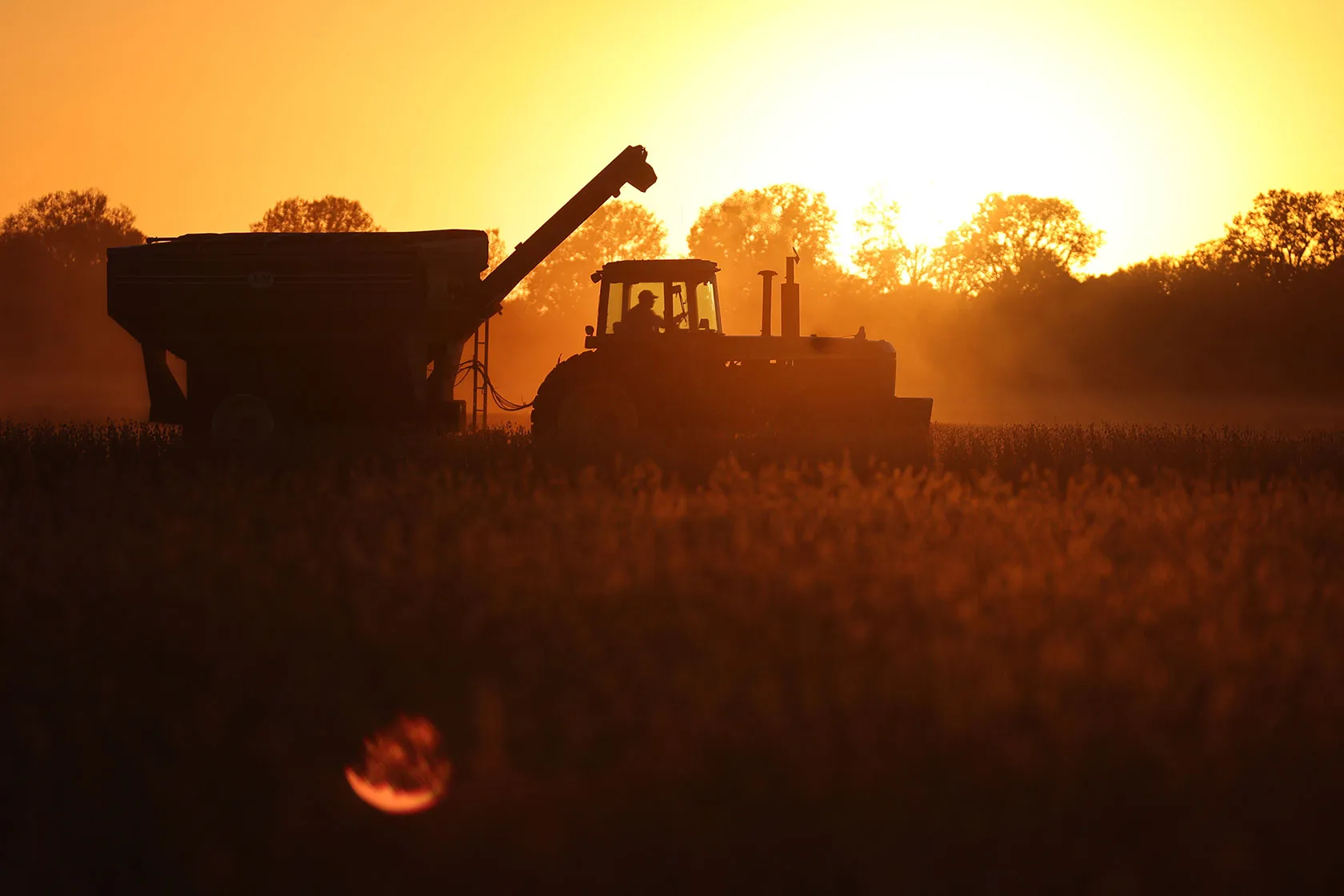In the heart of Alabama’s agricultural landscape, the impending Farm Bill of 2024 is poised to make a significant impact on the state’s farming community. With a staggering $1.5 trillion allocation, this legislation represents a crucial lifeline for farmers grappling with the myriad challenges inherent in their profession.

SNAP and Beyond: Balancing Support for Farmers and Nutrition Programs
A notable portion of the Farm Bill’s budget, approximately 80%, is earmarked for the Supplemental Nutrition Assistance Program (SNAP). While this allocation underscores the importance of addressing food insecurity, it also highlights the delicate balance required to support both farmers and vulnerable populations. Mitt Walker of the Alabama Farmers Federation emphasizes the necessity of maintaining this equilibrium, recognizing the indispensable role of farmers in ensuring food security.
Protecting Farmers Amidst Uncertainty
Rick Pate, commissioner of the Alabama Department of Agriculture and Industries, echoes this sentiment, emphasizing the pivotal role of the Farm Bill in safeguarding the agricultural sector. With mounting pressures ranging from weather fluctuations to global trade dynamics, farmers face an increasingly uncertain landscape. The Farm Bill’s provisions for risk management serve as a crucial safety net, shielding farmers from the volatility inherent in their profession.
Addressing Cost Pressures: A Beacon of Hope for Farmers
For farmers like Shep Morris, who navigates the complexities of cotton, sesame, and corn production in Alabama, the Farm Bill represents a beacon of hope amidst escalating production costs. Despite stagnant crop prices, the rising expenses associated with cultivation pose a formidable challenge. Morris, alongside his peers, looks to the Farm Bill for relief, recognizing the pivotal role of government support in sustaining agricultural livelihoods.
Congressional Commitment to Farming Communities
Congressman Barry Moore, who played a pivotal role in shaping the Farm Bill through the House Agriculture Committee, underscores the urgent need to bolster the farm safety net. As farmers grapple with unprecedented challenges, congressional support emerges as a crucial lifeline, reaffirming the government’s commitment to safeguarding farming communities.
In essence, Alabama’s Farm Bill of 2024 emerges as a testament to the resilience of its agricultural sector. By addressing the multifaceted needs of farmers and vulnerable populations alike, this legislation embodies a comprehensive approach to fostering agricultural sustainability and food security in the heart of the South.